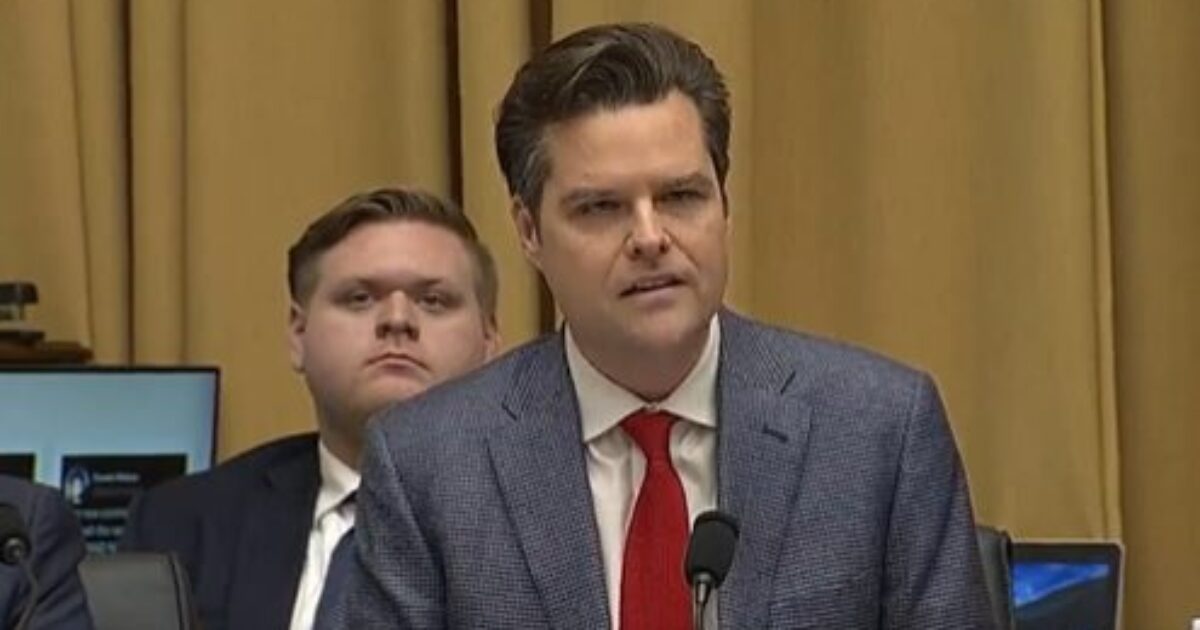As seen in Guitar Girl Magazine Issue 19 – Spring 2022
Winnie is a London-based producer, guitarist, and artist. Her sound is influenced by the sound aesthetics of late ‘60s/‘70s funk, soul, electronica, and jazz genre music. Her music features expansive soundscapes, odd-time signature, hip-hop, and R&B-inflected grooves. Before the COVID-19 lockdown, Winnie headlined downstairs late at Ronnie Scotts and Belmont Villa. Since then, she has gone on to play at Jazz Cafe, Wild Paths, and Pizza Express Soho as a session guitarist. Winnie is currently focusing on a project to infuse timeless soul music with a modern electronic glitch with a hip-hop take.
So tell us where you are from and what instrument(s) you play.
I am from South East London, and I am a guitarist and vocalist.
How long have you been playing, and when did you know you wanted to be a musician?
I have been playing on/and off for about four years now, but more so frequently in the last two years.
What is the best part about being a musician?
The best part of being a musician is inspiring people, taking them on a journey, and telling a story that is relatable to the human experience.
What do you think of when you hear “Black History Month”?
I think of past, present, and future Black excellence.
Is there a specific Black creative that inspires you? Why?
Prince has always inspired me. Artists like Sister Rosetta Tharpe, Ma Rainey, Ella Fitzgerald, Betty Davis, Nina Simone, Eartha Kitt, and more are I also celebrate because it takes so much resilience to be an unapologetic Black female/femme artist. I am inspired by pretty much any female musician that killed it in their own artistic way. The world isn’t used to hearing our voices or stories, so when I hear Black female artists that have expressed their music proudly, I feel like I can do it too. It motivates me to keep going.
Why do you think it is important to pay homage to the Black creatives that came before us? Why do you think the world needs to learn about our Black History?
Black creatives have paved the way in so many (almost all) musical genres. It would be crazy not to acknowledge that and even learn from it. There’s so much richness and authenticity in Black music; it’s almost spiritual in a way. The world needs to learn about Black history not because it’s Black but just because it’s history that reflects everywhere in our society today (not just in music, in every part of our society).
What are your current studio and live performance setups? Is it any different?
My current studio set up is (approx);
Roland SH-01 Gaia Synthesizer
Yamaha HS5w Pair Monitors
Ableton Live 11
Acoustic Fender CD-60
Fender Squier Telecaster
Squier Affinity Precision Bass
Microphones (there are quite a few, and I can’t recall, lol!)
What does it mean to be a Black woman to you?
It means being smart, creative, resourceful, and beautiful.
What’s one piece of advice you would give to your eight-year-old self looking up to the adult version of you?
I would say not to doubt myself — follow my dreams, and always listen to my intuition.











